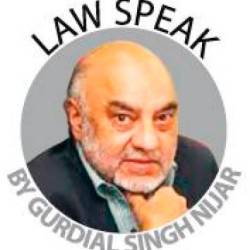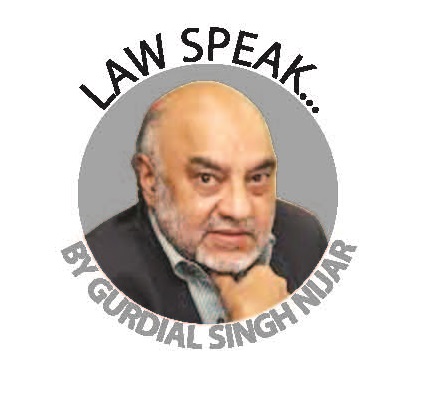WE the people need to have faith in the government. Believing in what it says and does. And its promises for the future. For this to happen, the government must disclose its plans and policies in a way that is easily understood by the people. And then engage them in a participatory process, seeking their feedback and shaping its policies and plans to accord with the wishes of society. This requires it to be transparent to help strengthen citizens’ trust in policymakers and thus enhance the accountability of public administrations.
In short, transparency is the key to citizens’ trust. This appears to be sadly lacking in the New Malaysia as pointed out at a forum organised by the National Human Rights Society (Hakam) last weekend. It centred around the failure of the government to release the report of the Institutional Reform Committee (IRC). Recall that the reform agenda was central in PH’s election campaign: reforms to ensure that public institutions will be insulated in the future from being subverted. Prime Minister Tun Dr Mahathir Mohamad in his recent Che Det blog posting acknowledged as much. That PH took over from a kleptocratic government, which among other ills, had “destroyed its finances, undermined its administrative agencies and abused the laws ... and generally undermined the moral of the people”.
What is now taking the wind out of the sails of reform is the refusal of the government to release the reports not just of IRC but as well that of its superior body – the Council of Eminent Persons. The people participated in these processes with an unrestrained gush of passion and enthusiasm. And the IRC’s panel worked tirelessly to produce its recommendations.
The expectation was that this new participatory process would form the new ethos of good governance. Resonating with the caution delivered by Lord Bingham head of the UK judiciary in a 2003 court decision (R v Shayler): “There can be no assurance that government is carried out for the people unless the facts are made known, the issues publicly ventilated. Experience shows that publicity is a powerful disinfectant”.
You can hardly blame the electorate for handing a litany of by-election defeats to PH and its allies. An unconditional declaration of its disillusionment. And, charitably, the expectation that the government will heed the signals and return to the path of delivering on its promises with public involvement. Promises which roused the electorate to sweep it into power.
Let’s survey the “disenchantment landscape”. First, the laws either enacted or employed by the previous government in its twilight years to suppress the people – laws like Sosma and the Sedition Act.
All are very much alive and kicking under the new regime. I remain convinced that the IRC made concrete and incredibly useful recommendations for reform, which the government has kept under wraps. The peoples’ disenchantment was reflected in a well-patronised vigil last Saturday against the continued use of these laws.
Then there is a cheerful and optimistic forecast of the economy. When the reality may not be quite that – with ministers telling us that all is hunky-dory, as a columnist wrote in the Sunday Star. The cost of living is the biggest problem. On the ground, SMEs, retailers and hawkers will tell you their business is bad, by one account. The cost of doing business is high, they complain. There have yet to be solutions proffered, discussed and implemented that inspire confidence in the rakyat that all will turn out for the better sometime soon.
Then the lack of verve and commitment to curb strident voices spewing hatred that spawns racial disunity and religious animosity. Racial and religious disunity is at an all-time high.
An opposition leader recently spoke of ministers talking without a clear policy and considerations of the viability of the projects they propose. And that Cabinet ministers leave meetings saying they do not agree with some decisions. While there may be little truth in these allegations, yet these views gain currency when the people are delinked from policy formulation and implementation.
Such is the frustration that it led Ambiga, a member of the IRC, to announce at Hakam’s forum that people will take to the streets if the promised reforms fail to materialise timeously.
The message is clear. Gain the trust through transparency. The quality of transparency, like “mercy” in Shakespeare’s Merchant of Venice “... is not strained. It droppeth as a gentle rain from heaven upon the place beneath. It is twice blessed. It blesseth him that gives and him that takes”. So it benefits the government and the governed.
Trust and accountability go hand in hand. Trust in political institutions is a key element of representative democracies. Trust in the rule of law is also the basis for democratic participation of citizens. All clear indications that trust is an essential condition of good governance.
Gurdial is the president of Hakam. Comments: letters@thesundaily.com










